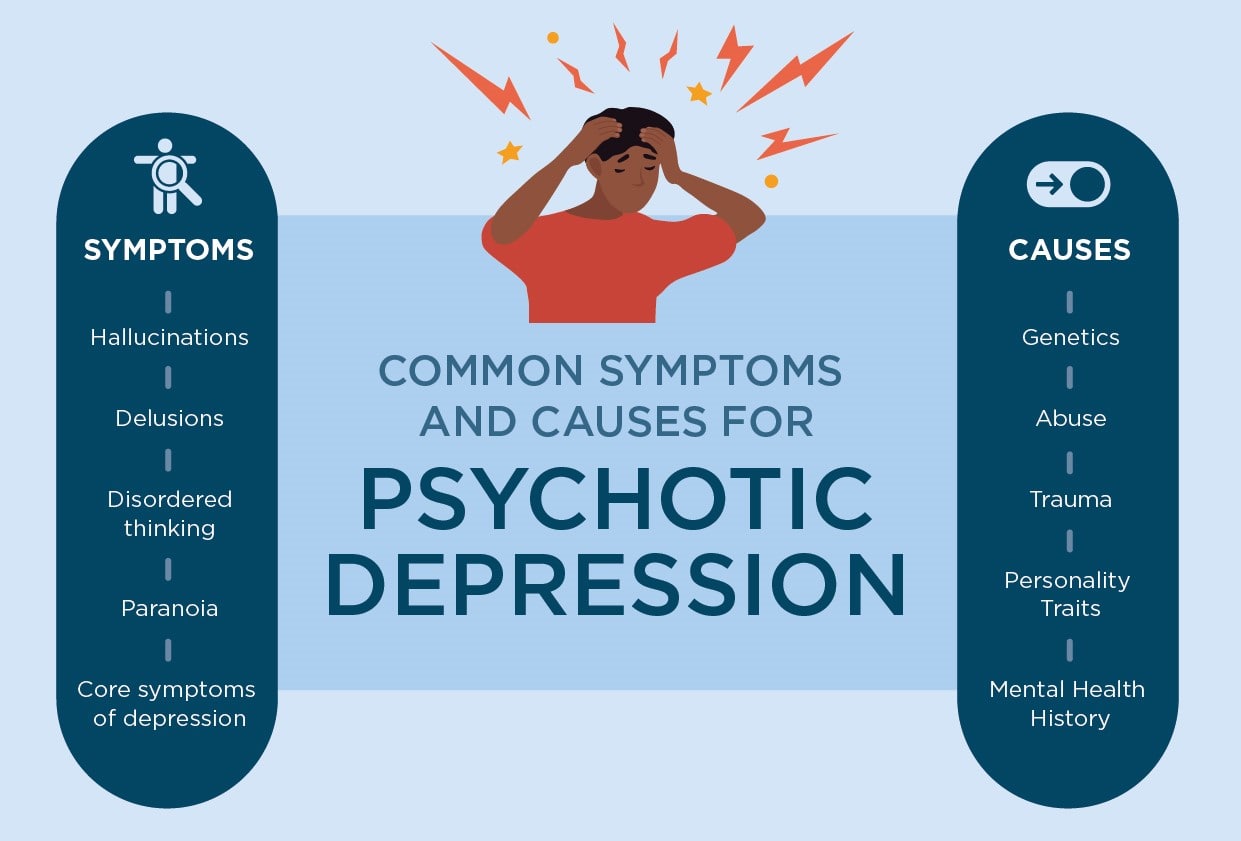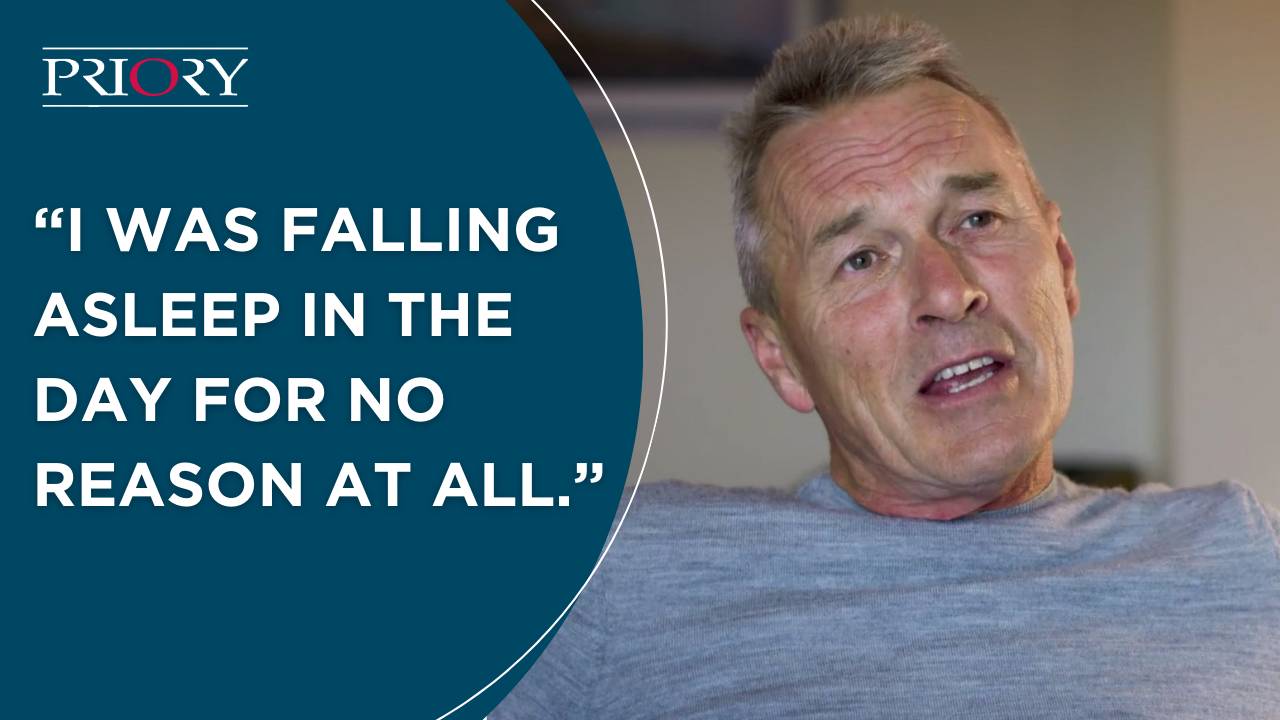How psychotic depression is diagnosed
Diagnosis involves a thorough mental health assessment carried out by a GP, psychiatrist or psychologist.
This typically includes:
- A detailed discussion of mood, sleep, daily functioning and emotional experiences
- Questions about hallucinations, delusional beliefs or changes in perception
- A review of medical and family history
Consideration of recent life events or stressors
Because psychotic depression is a serious mental health condition, early diagnosis allows timely access to appropriate treatment.
Treatment for psychotic depression
Psychotic depression is treatable. Treatment is usually tailored to the severity of symptoms and the individual’s needs.
Inpatient treatment
Many people benefit from a short period of inpatient care, particularly if symptoms are severe or safety is a concern. Inpatient treatment provides:
- 24-hour clinical support
- A structured and therapeutic environment
- Rapid access to psychiatric review
- Medication monitoring
- Psychological therapy
This setting can help stabilise symptoms in a safe and supportive way.
Outpatient and day care treatment
If symptoms are stable enough to be managed at home, outpatient or day care treatment offers regular therapy and psychiatric input while allowing someone to maintain aspects of their usual routine.
Online therapy
Online therapy can offer flexible access to psychological support, particularly during step-down care or where remote sessions are preferred.
Therapy for psychotic depression
Psychological therapy plays a central role in treatment.
Cognitive behavioural therapy (CBT)
CBT is commonly used and can help you:
- Understand and challenge unhelpful thinking patterns
- Explore delusional beliefs in a structured, supportive way
- Develop coping strategies
- Reduce the likelihood of relapse
Other therapeutic approaches
Depending on individual needs, treatment may also include:
- Dialectical behaviour therapy (DBT)
- Interpersonal therapy (IPT)
- Mindfulness-based approaches
- Compassion-focused therapy (CFT)
- Family therapy, where appropriate
Therapy may be delivered individually, in groups or with family involvement.
Medication for psychotic depression
Medication is often an important part of treatment. This may include:
- Antidepressants to address depressive symptoms
- Antipsychotics to reduce hallucinations or delusions
- Mood stabilisers or lithium, where clinically indicated
A consultant psychiatrist will carefully assess and monitor depression medication to support symptom stabilisation and longer-term management.













